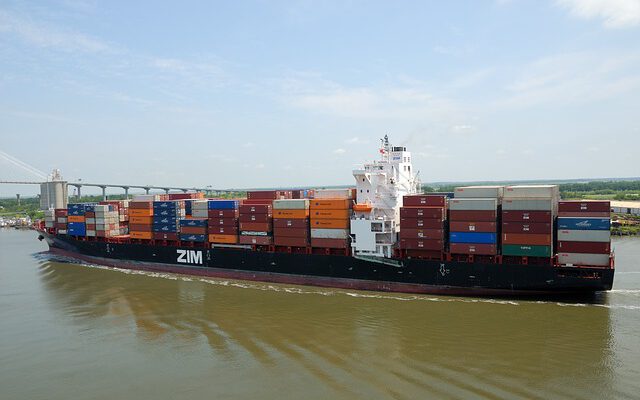Advantages And Disadvantages Of International Trade

International trade facilitates exchange of goods and services from one nation to another. Such a trade diversifies products and services that domestic countries as well as regions could receive. While the international trade presents a number of advantages, it is not free from certain disadvantages. Some of the most common advantages and disadvantages of international trade are detailed below.
Advantages of Foreign Trade
Optimal use of natural resources
Global trade helps countries to make optimum use of their natural resources. Each nation concentrates on the production of those products for which the resources are available in abundance and best suited.
Availability of a wide variety of goods
It lets a country, it import items which are not produced due to higher costs or other issues. Likewise, selling goods to foreign countries allows a nation to get rid of its excess production.
Specialization
Foreign trade results in specialization and promotes manufacturing of different products in different nations. Due to competitive advantages, goods can be produced at a relatively low cost, and this benefit all countries.
Stability in prices
Foreign trade irons out big fluctuations in prices. In fact, it equalizes the prices of items all through the world (excluding transportation cost and duties).
Increased efficiency
Since international trade is highly competitive, produces in any country tries to make good quality products at low rates. This in turn boosts efficiency and benefits customers all over the world.
Establishment of new industries and exchange of technique and technology
Underdeveloped nations are able to establish new industries with the technical know-how, machinery and equipment imported from developing and developed nations. As such, underdeveloped countries are able to develop speedily.
Understanding and cooperation between countries
Through global trade, people of different regions come in close contacts with each other. As a result of this, understanding, co-operation and cordial relations tend to build up among nations at large.
Disadvantages of International Trade
Threat to home industries
Global trade adversely affects the growth of home industries. In fact, it poses a serious survival threat to infantry industries. On account of unrestricted imports and foreign competition, the upcoming industries could collapse.
Economic dependence
Underdeveloped nations have to rely on developed countries for their economic growth. Such dependency often results in economic exploitation. For example, many underdeveloped nations of Asia and Africa have been exploited at large by European countries.
Political dependence
Foreign trade also encourages slavery and subjugation. It hampers economic dependency, and this can endanger political dependence. For instance, the Britishers came to India for trade and started ruling the nation for a very long time.
Misuse of natural resources
Constant and excessive exports can exhaust the natural resources in a country. If not checked, it can lead to economic downfall of the nation in the long run.
Danger to global peace
Foreign trade allows foreign agents to settle in another country. Such an option can endanger internal peace of a region if foreign agents start peeking in the internal affairs of the country.
Hardships during wars and related times
International trade encourages lopsided development in any nation as only products with comparative cost advantage are produced in the country. However, such a development can affect the nation to a great extent during wars or when cordial relations no longer prevail among nations.
Global trade presents cultural issues
Different cultures have different standards, attitudes and expectations that can generate problems for a business. Failing to meet the expectations can damage a brand’s reputation and could be really costly in the bottom line. For example, inappropriate packaging that can hurt local sentiments can permanently damage a company’s reputation.
There are always brand, and organizations that succeed more than others. The goal should be to evaluate the disadvantages and gauge them effectively for long lasting results. This can be done through effective business management and support from firms specializing in business growth.














